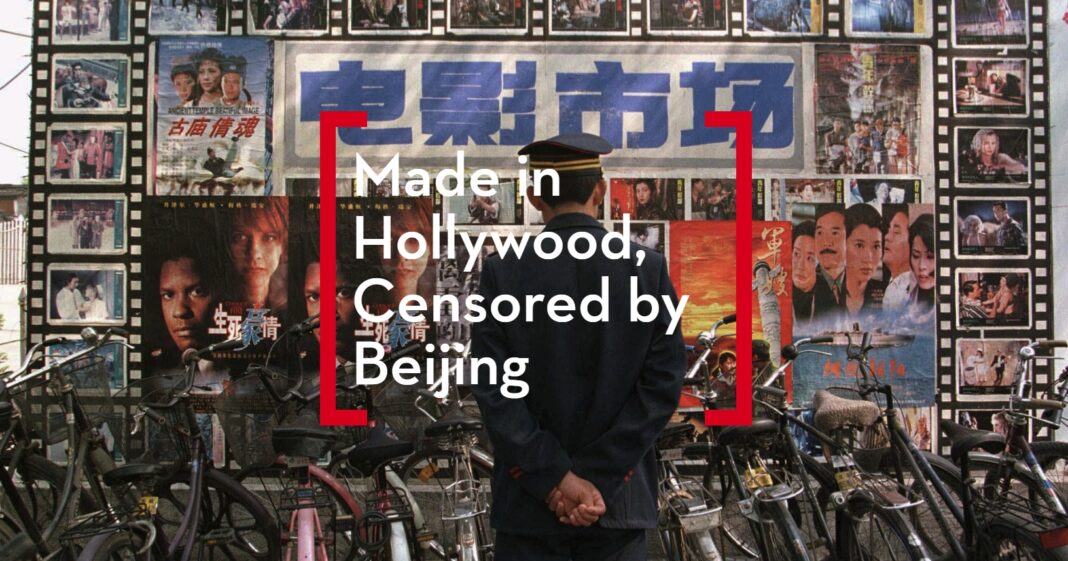HOLLYWOOD—Hollywood has been censoring films to placate China and is required to make efforts to resist Chinese censorship and increase its transparency, according to a report published on August 5 by PEN America, a nonprofit-free speech advocacy group.
PEN America, whose work “has included a decades-long advocacy engagement on China,” published a 100-page report titled: “Made in Hollywood, Censored by Beijing.” It describes how China influences global film market and calls for a “more unified Hollywood response” in order to avoid complicity with Chinese film censorship.
According to the report by PEN America, it conducted both desk research and interview-based research, where it notes Beijing has substantial leverage over Hollywood decision-makers, since the size of its market is huge so that Hollywood studios seek more access to Chinese film market, and since Chinese government officials hold the keys to the market access due to its strict censorship.
PEN America points out in the report that Hollywood studios are actively cooperating with China’s propaganda today, even saying that “some of Hollywood’s biggest films today have been developed in keeping with the goals of the Chinese government’s censorship regime.”
The report cited some examples of Chinese systems which pressure Hollywood studios;
quota system which an expanded 34-film quota for international films to be admitted into the country, the fixed-fee or buyout model which allows foreign studios sell Chinese release of the films in exchange for a flat fee, and joint productions which benefits in several ways, including exempting from quota limits.
In the last part of the report, PEN America offered the recommendations below to authors deciding how to respond to a censorship demand from Beijing.
“If the author must decide whether to accept certain alterations to his or her work in order to move forward with publication in mainland China, the author should resist censorship that
- fundamentally alters the overall arguments expressed in the book or the book’s narrative and structure;
- fundamentally diminishes the book’s literary merit; or
- deletes or distorts references to major historical, political, and human rights concerns
If choosing to accept certain cuts or changes to the book, the author should
- insist that the Chinese edition include a prefatory note indicating that the book has been altered or abridged, and, if possible, include notes where each of the cuts or changes have been made in the text;
- ensure that the censored content is made available in some other form, such as posting the deleted sections online in English and Chinese, as well as pursuing an uncensored publication in Hong Kong or Taiwan if possible;
- draw attention to the censorship on the book’s webpage, the publisher’s internet sites and in publication-related publicity so that Chinese censorship does not continue in silence; and
- write about the experience. Consider composing an article, an op-ed, or a piece on one’s own website describing the decision to agree to certain cuts or changes, to call further attention to China’s censorship regime, and give more information to mainland Chinese readers regarding the changes made to the text.”






